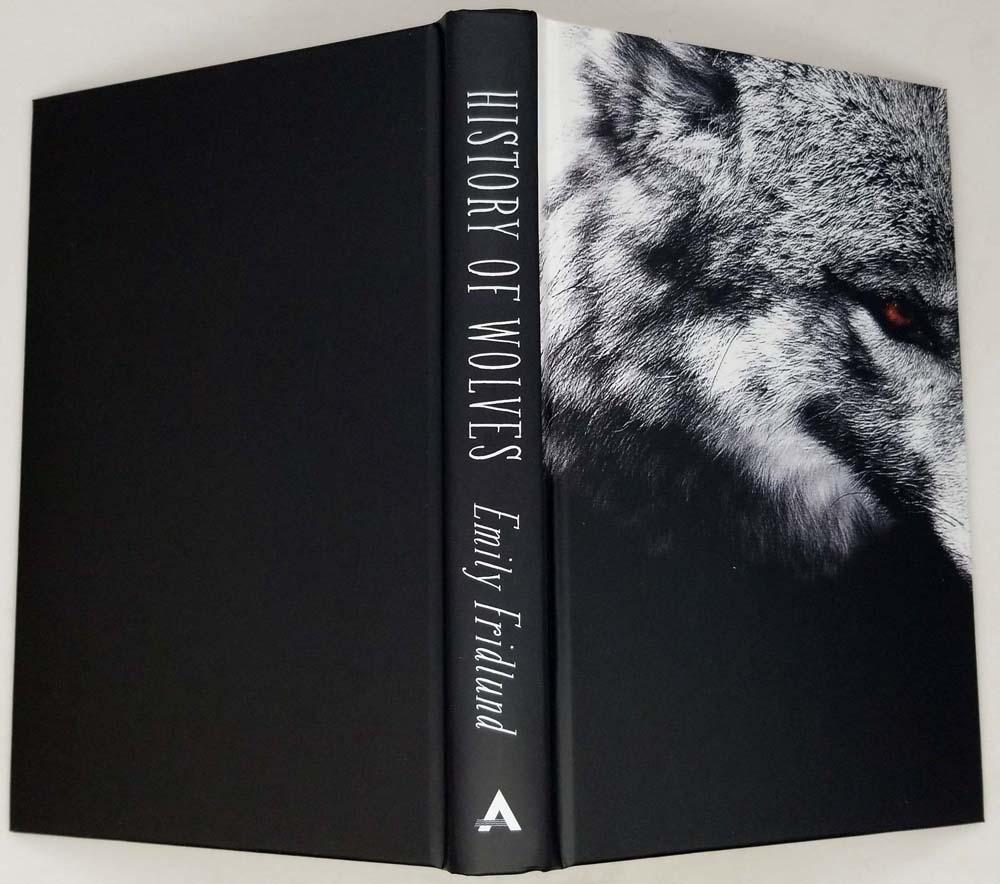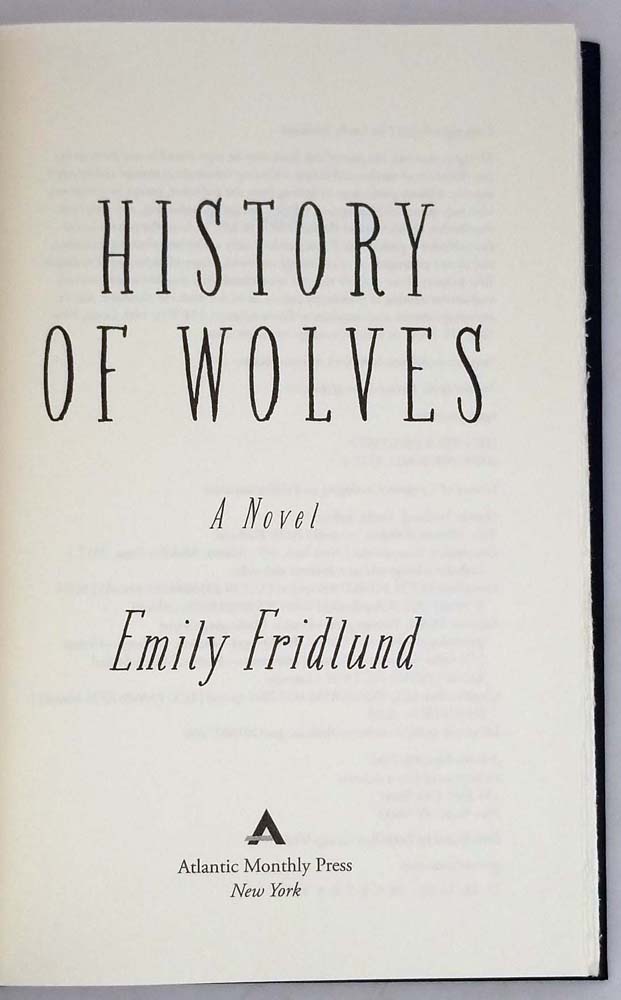History of Wolves (2017) by Emily Fridlund is a chilling and atmospheric debut novel that explores the haunting aftermath of a young girl’s isolated upbringing in the forests of northern Minnesota. The story follows Linda, a socially awkward teenager who grows up in a derelict commune with her emotionally distant parents. When a young family moves into a cabin across the lake—Patra, her husband Leo, and their four-year-old son, Paul—Linda becomes their babysitter, drawn into their seemingly idyllic world. However, beneath the surface lurks a slow-building tragedy, as Patra and Leo’s fervent Christian Scientist beliefs clash with medical reality, leading to a devastating act of neglect.
Fridlund’s prose is sharp and evocative, capturing the stark beauty of the wilderness and the quiet desperation of adolescence. Linda’s voice—observant yet emotionally detached—mirrors the wolves she studies, both predator and prey. Themes of moral ambiguity, loneliness, and the struggle for connection permeate the narrative, culminating in a heart-wrenching revelation that forces Linda to confront her own complicity.
A finalist for the Man Booker Prize, History of Wolves is a masterful exploration of guilt and survival, perfect for fans of Karen Russell’s Swamplandia! or Claire Vaye Watkins’ Gold Fame Citrus.










